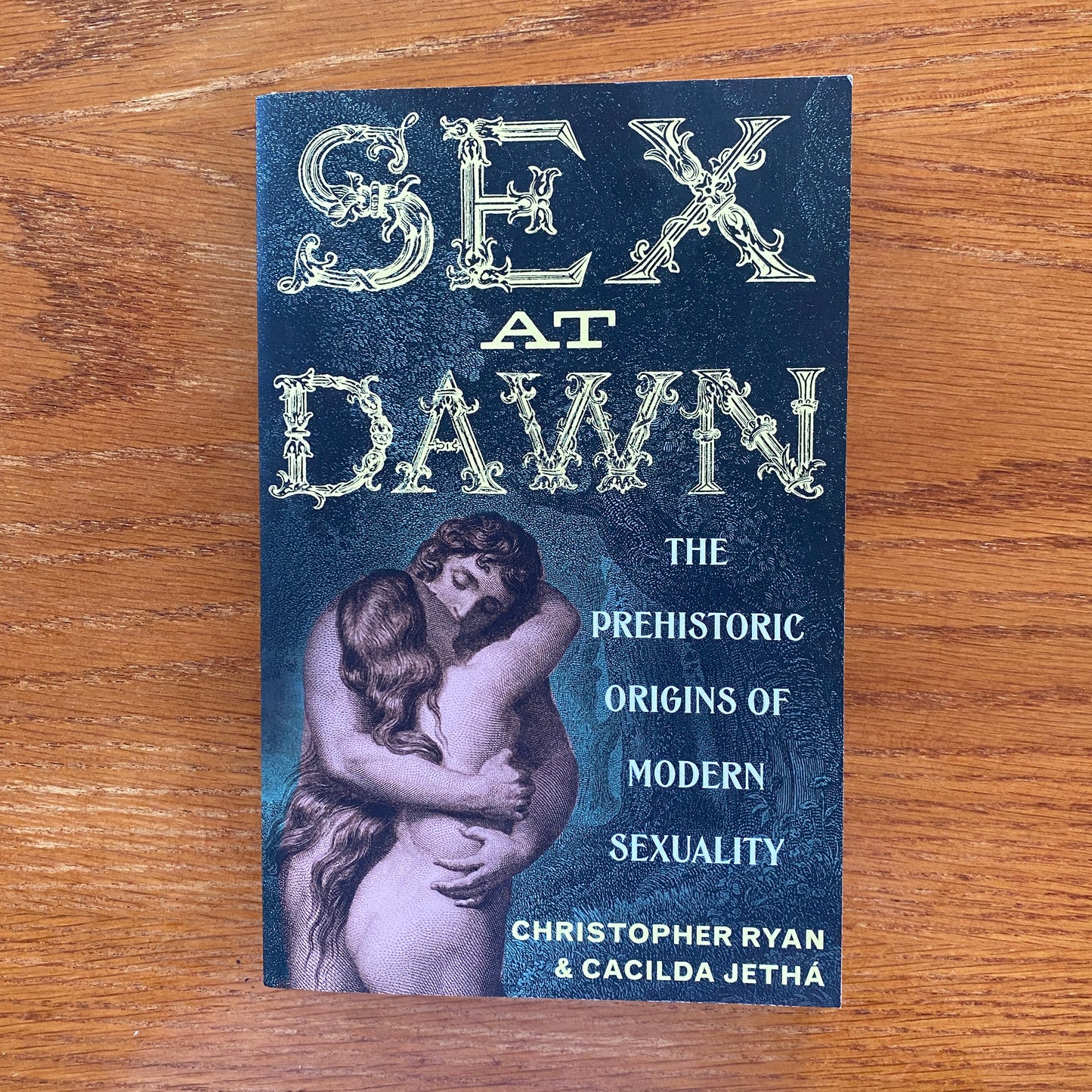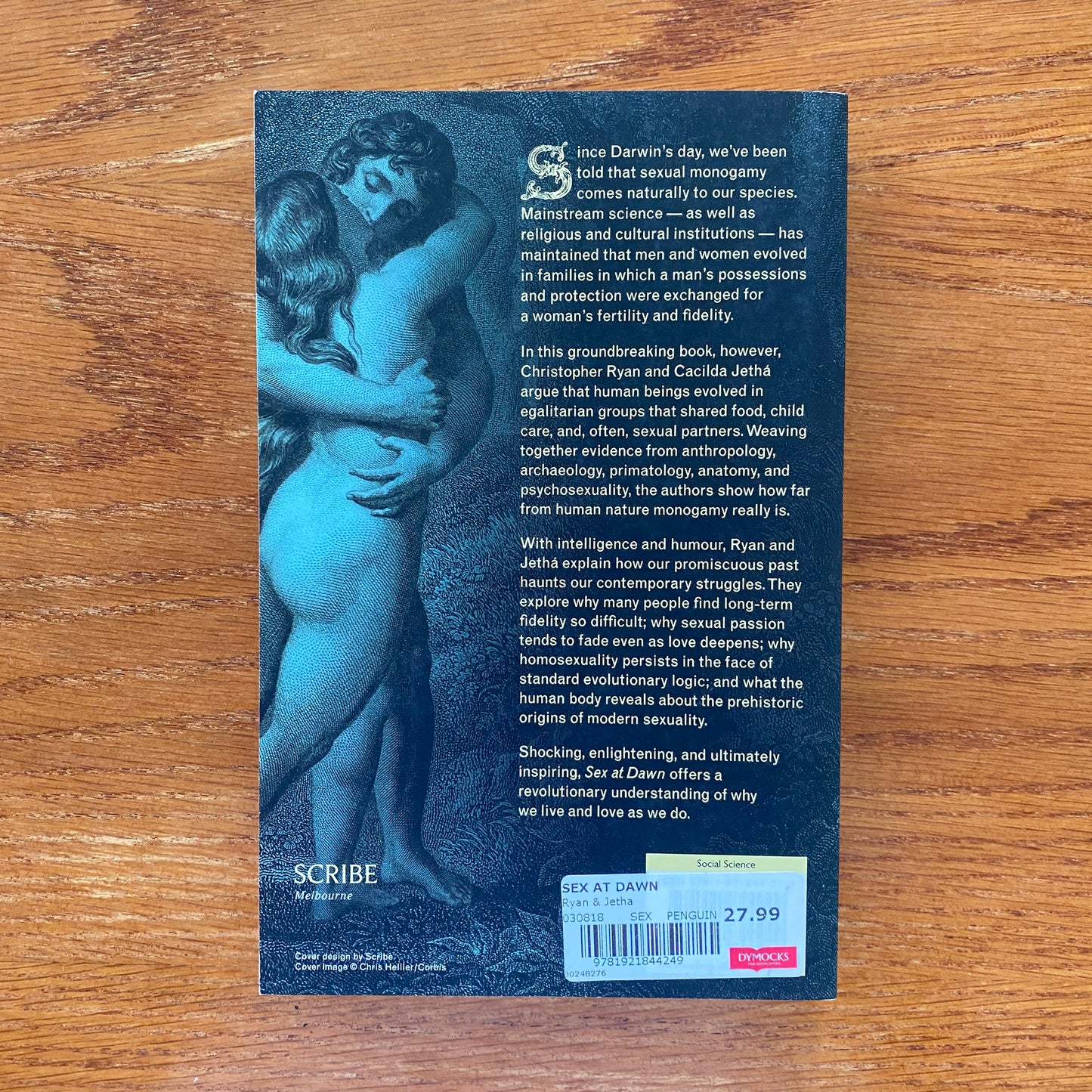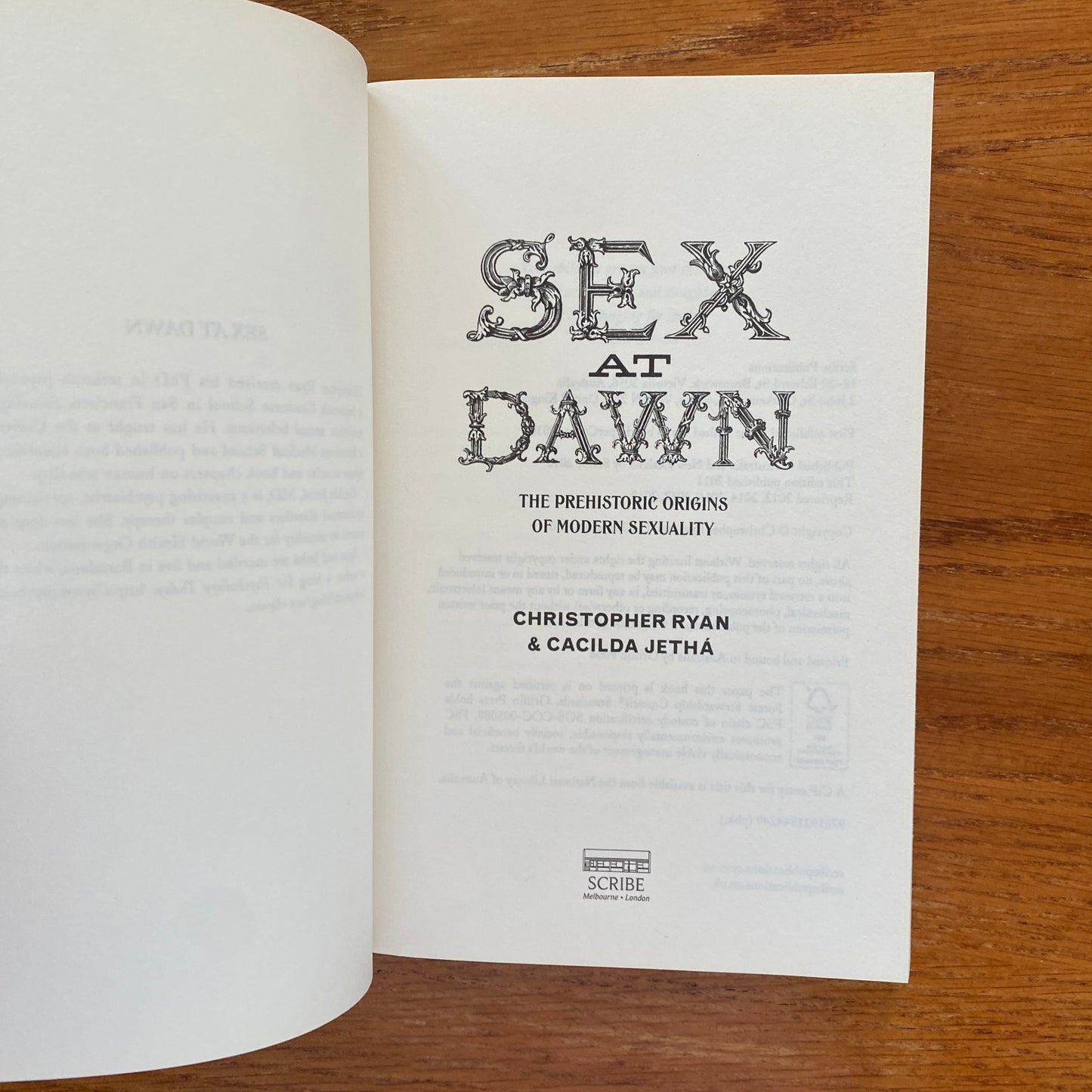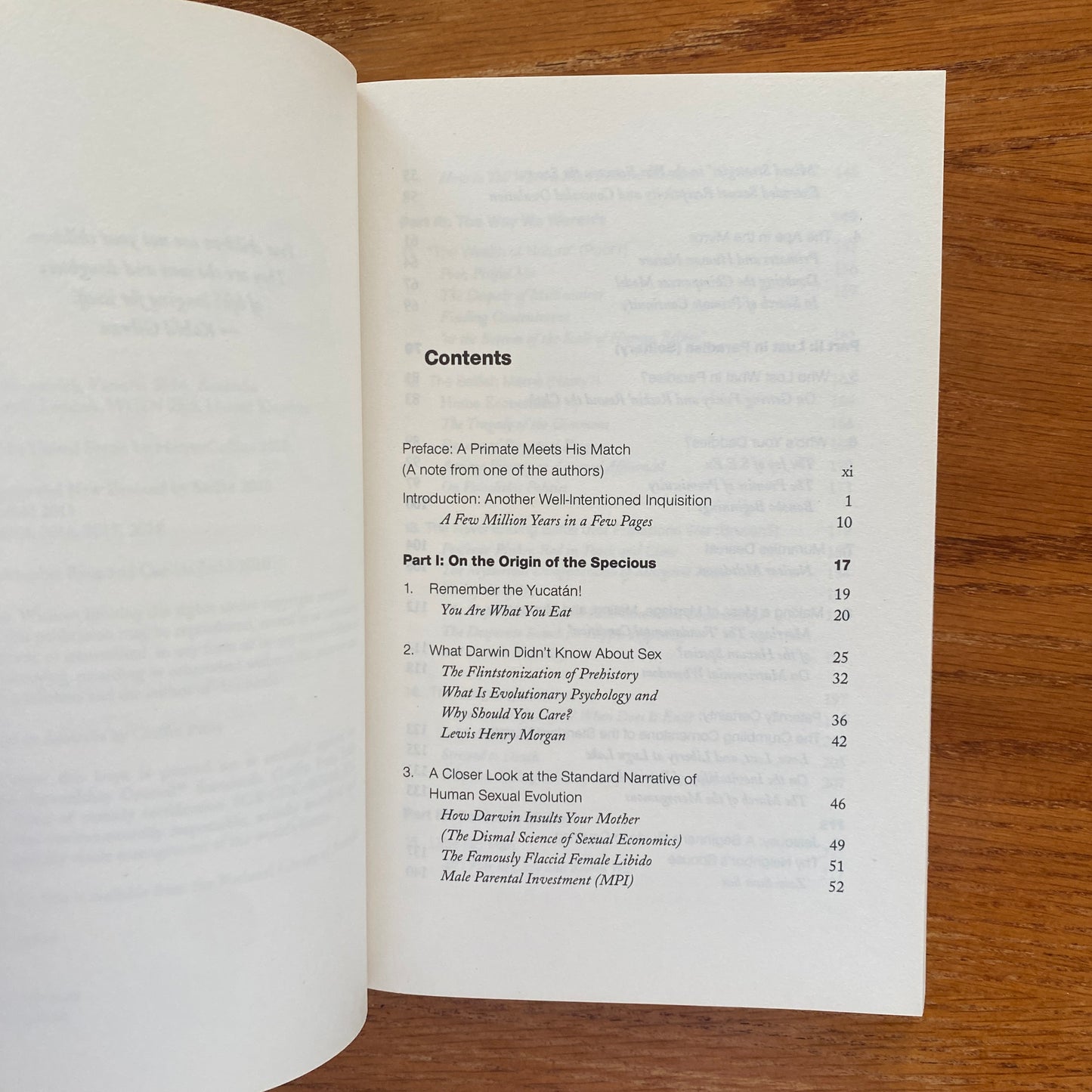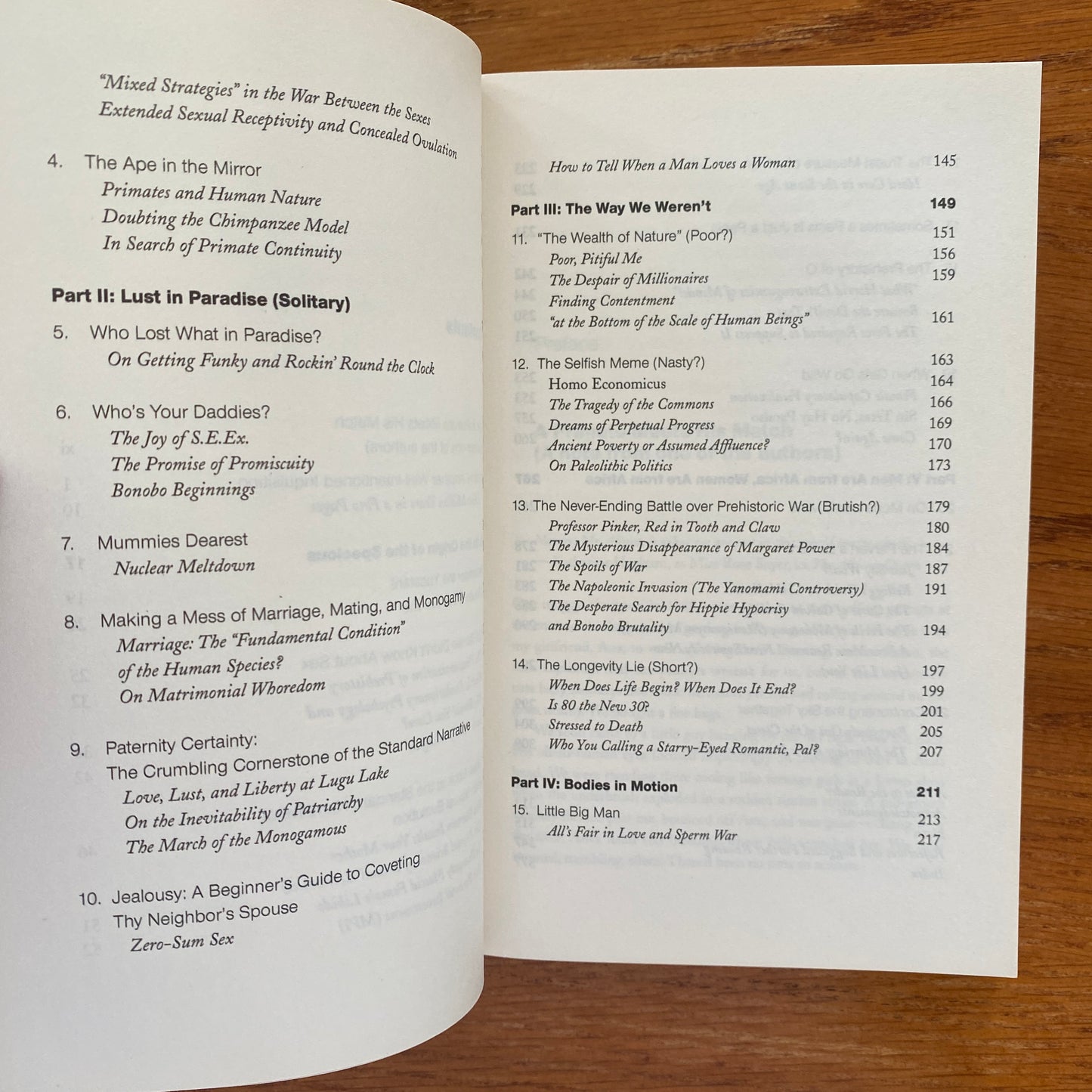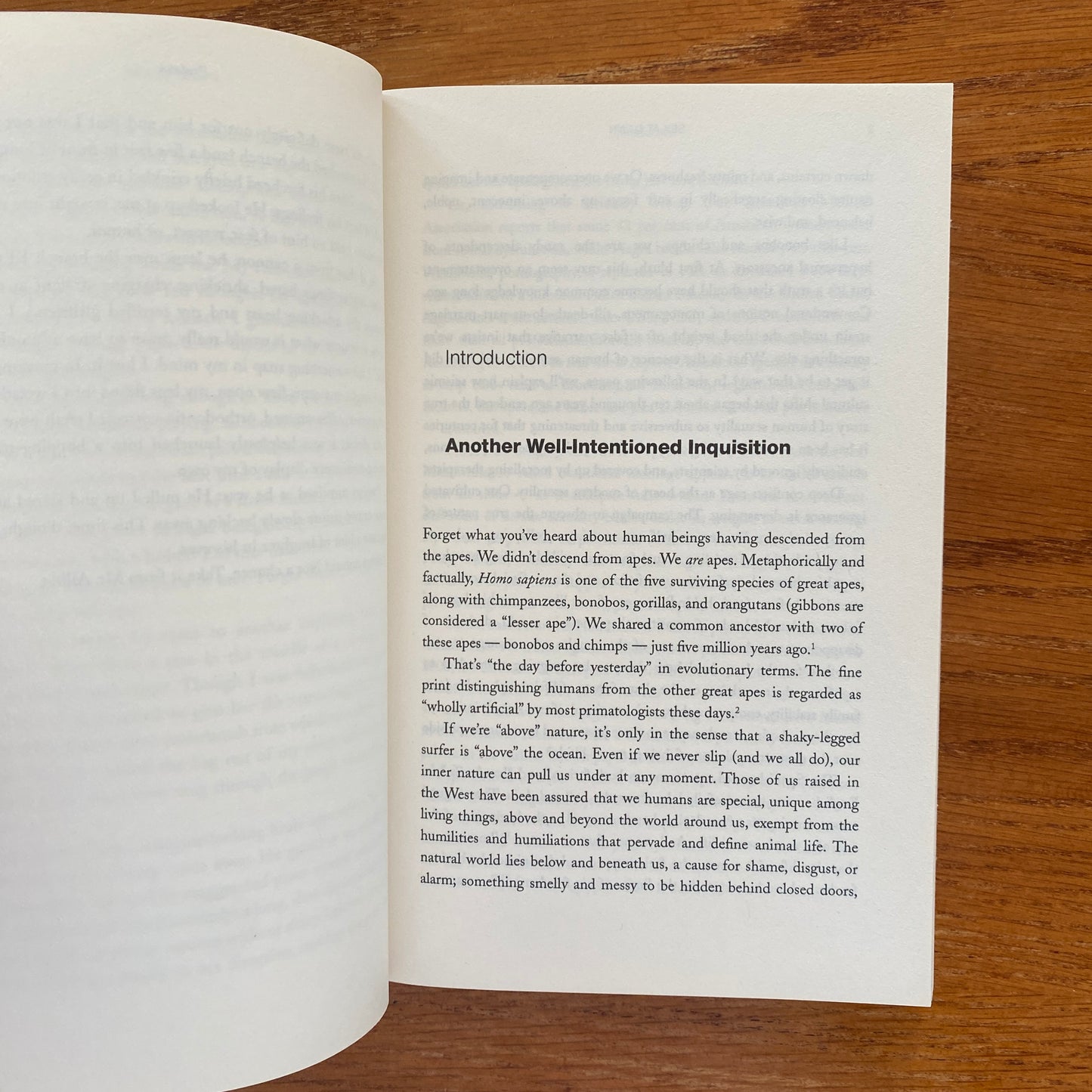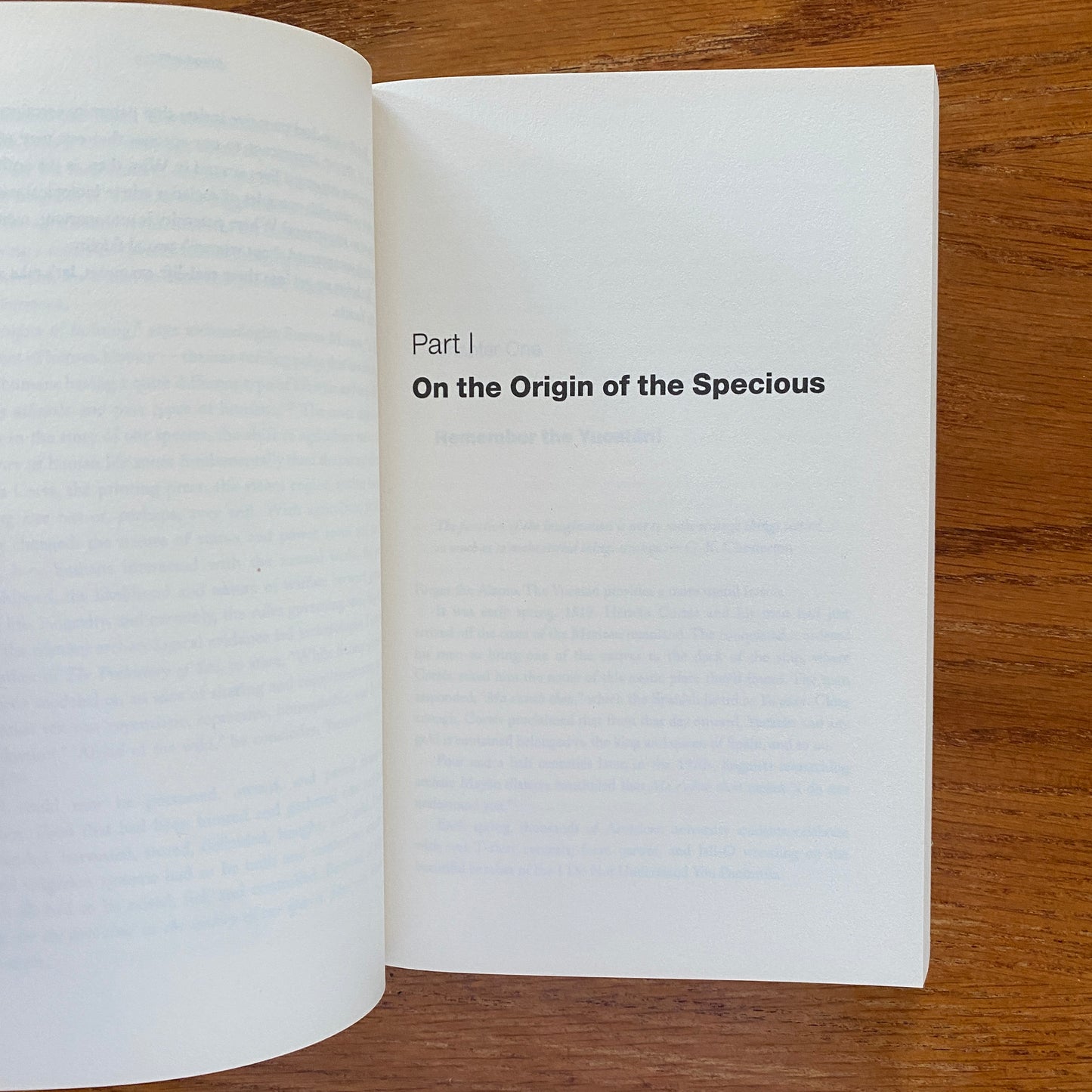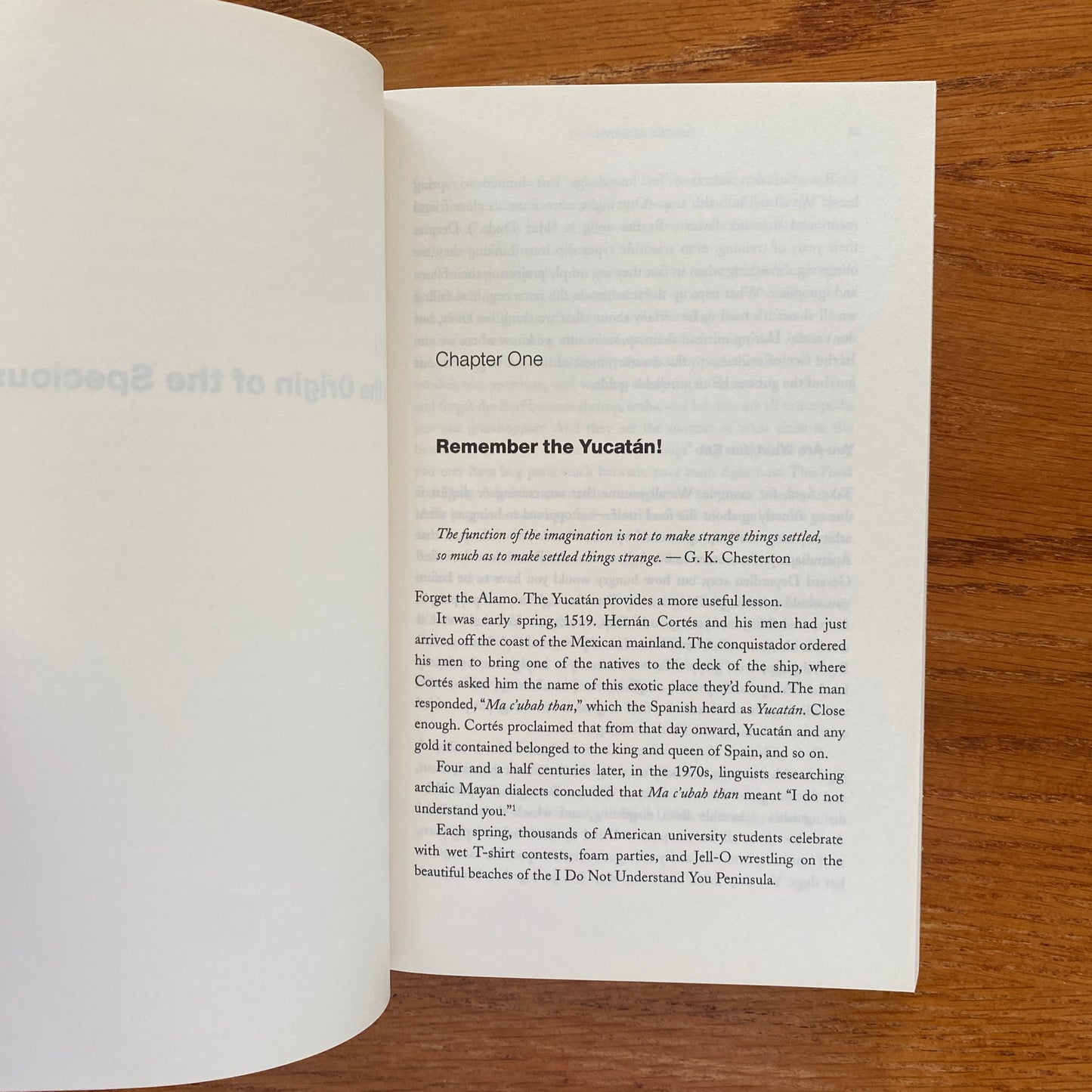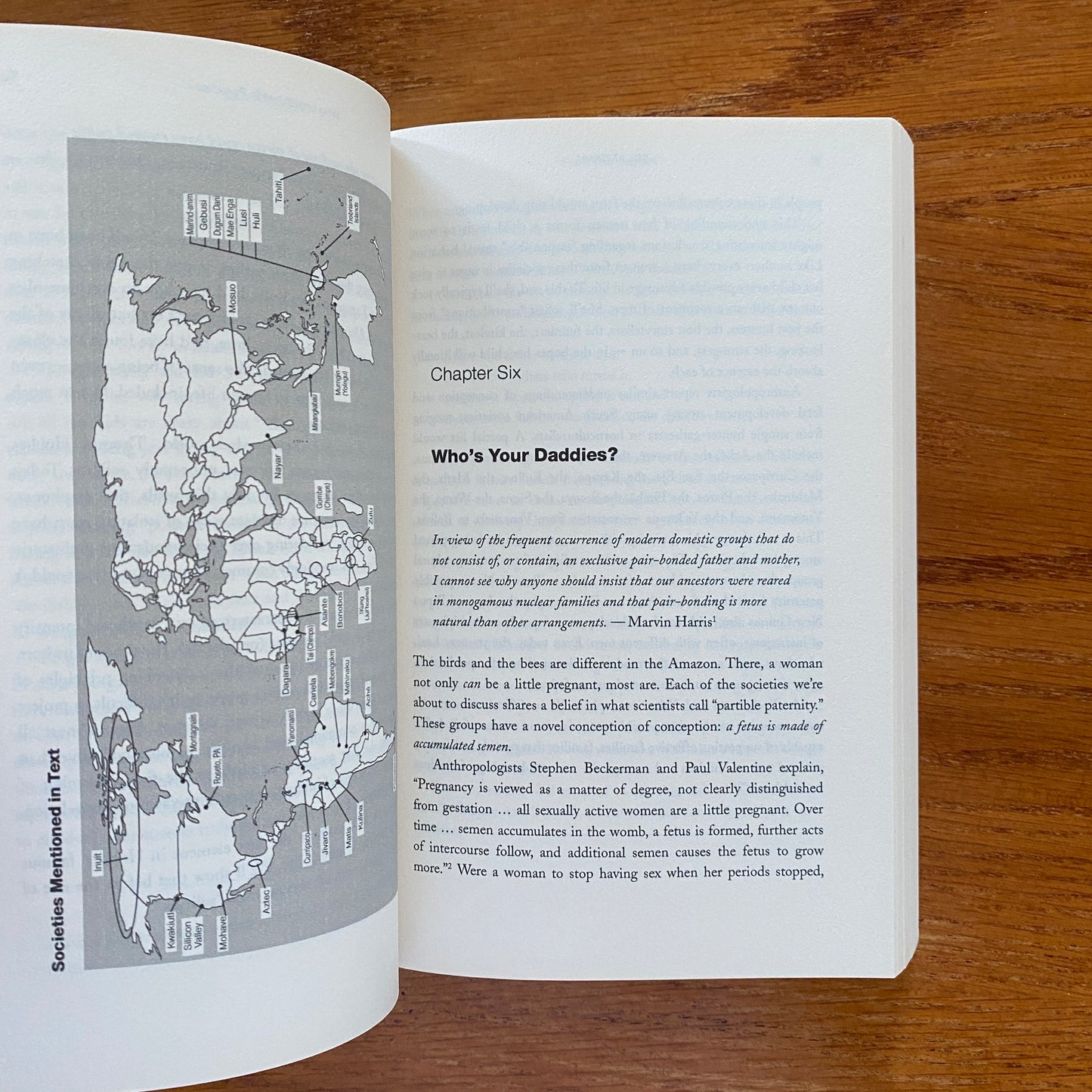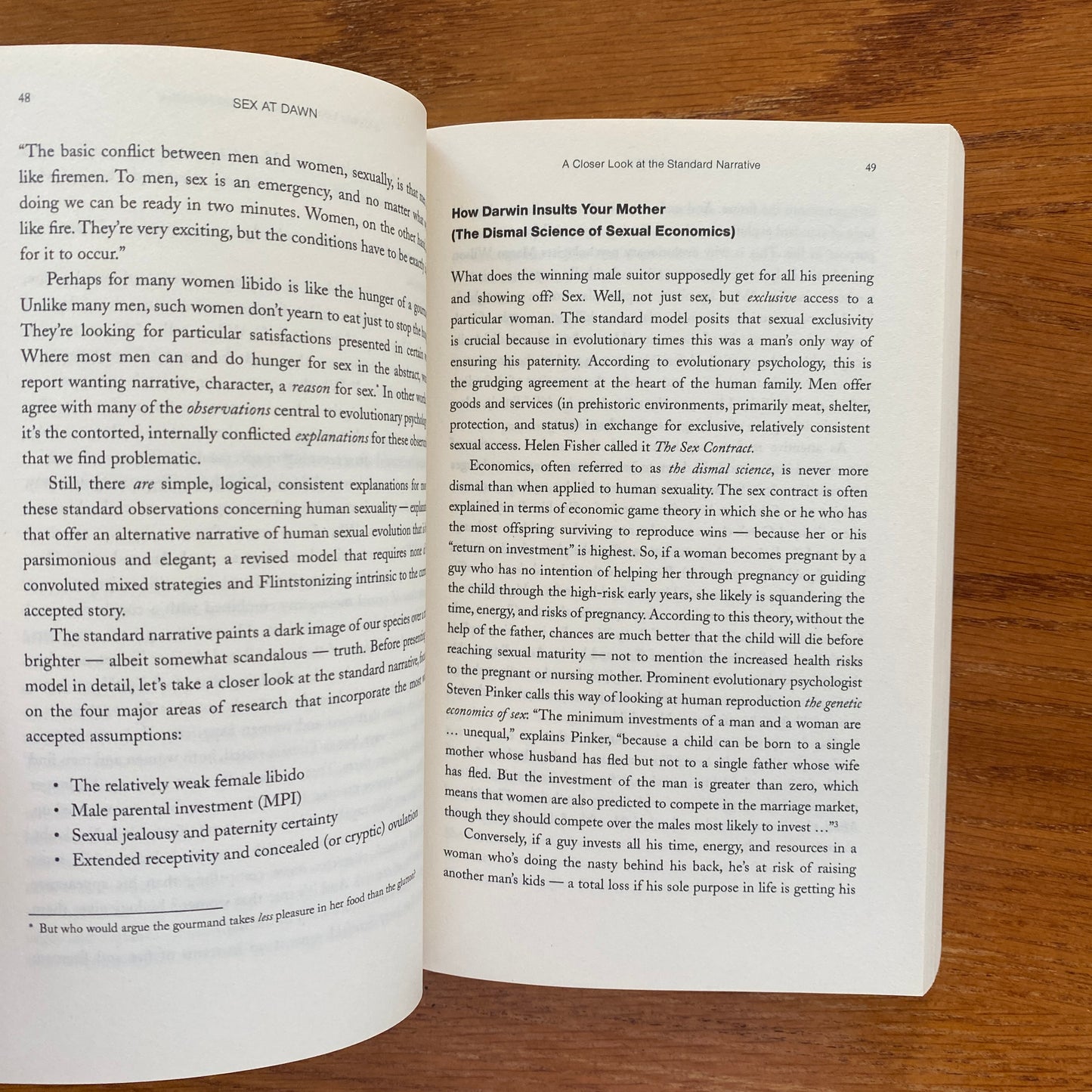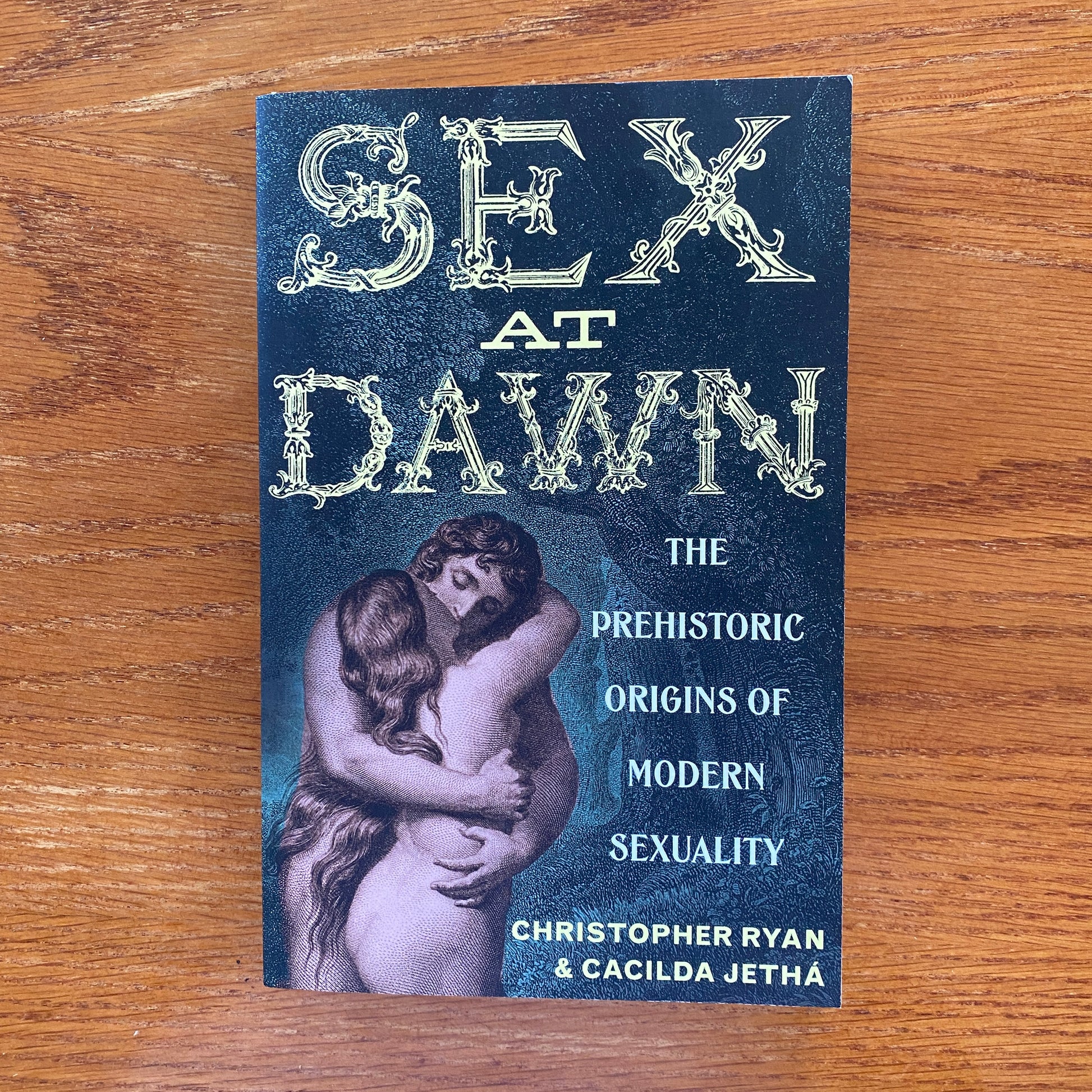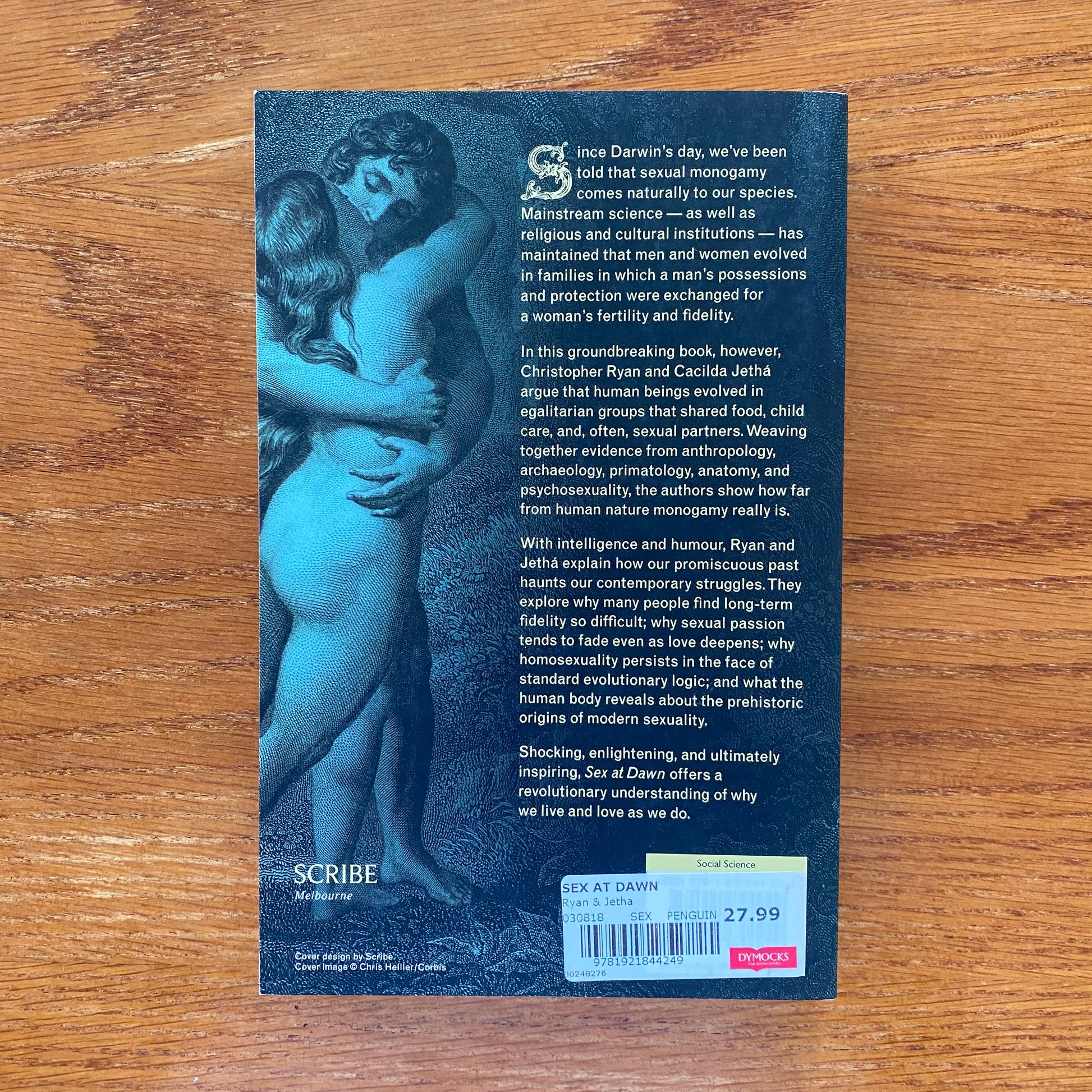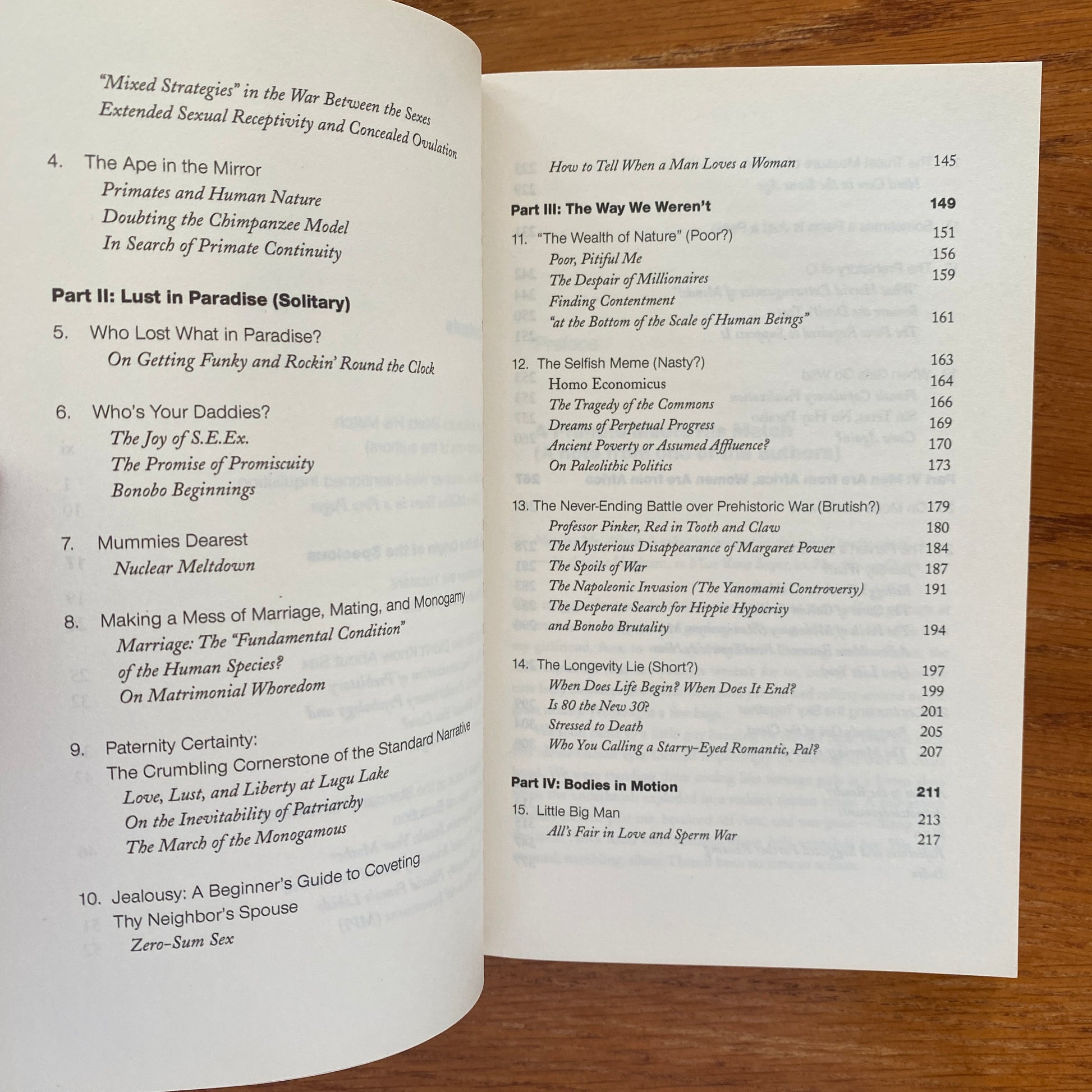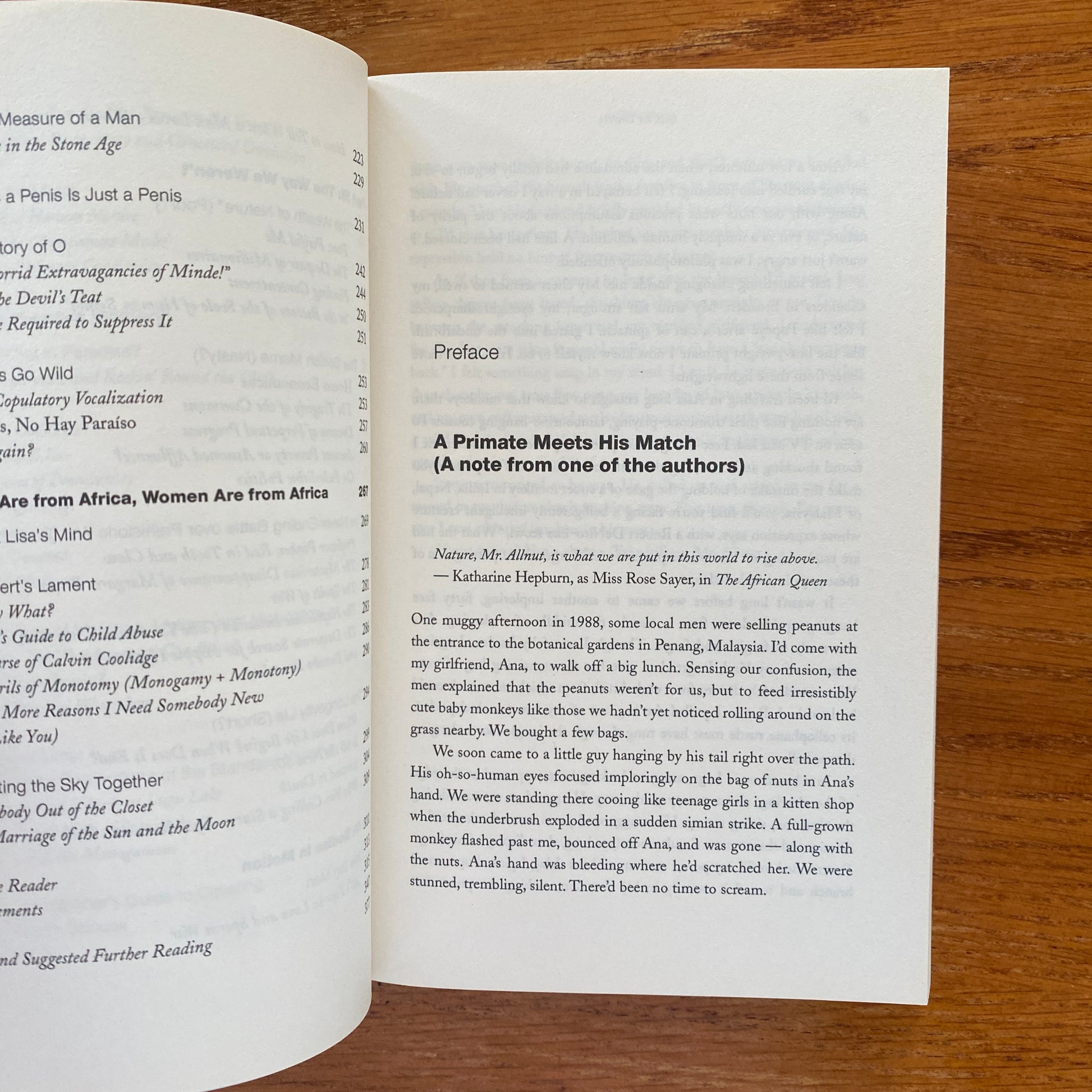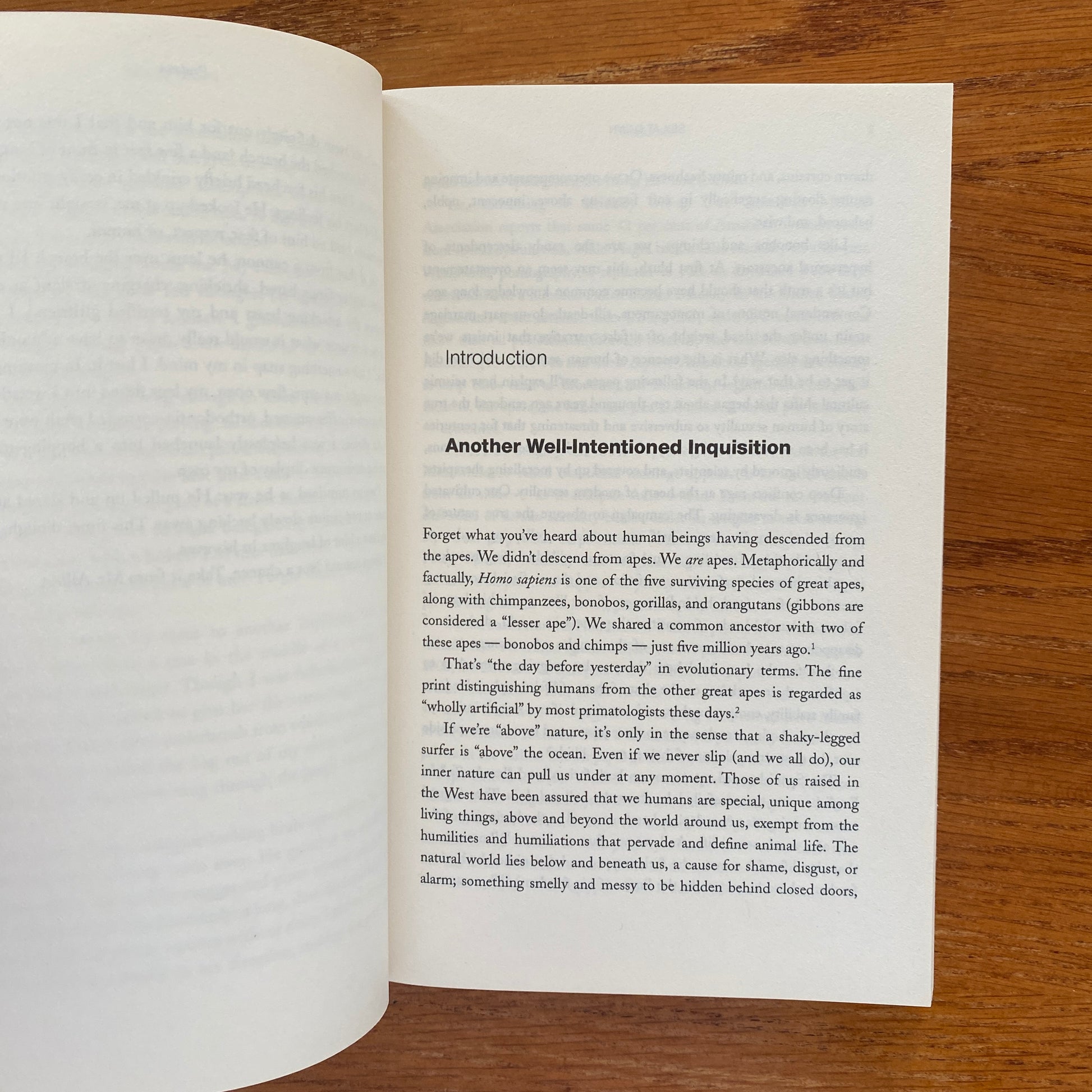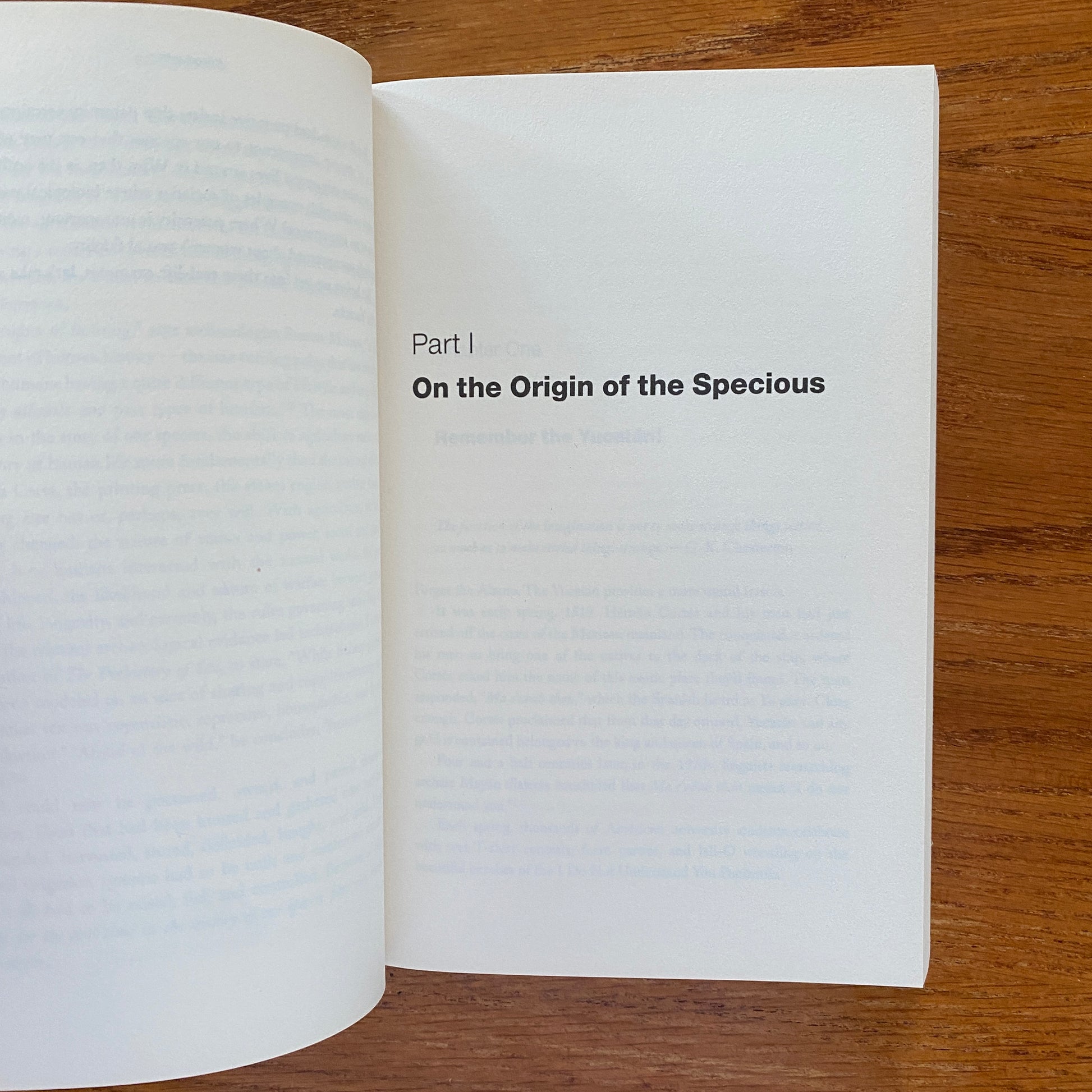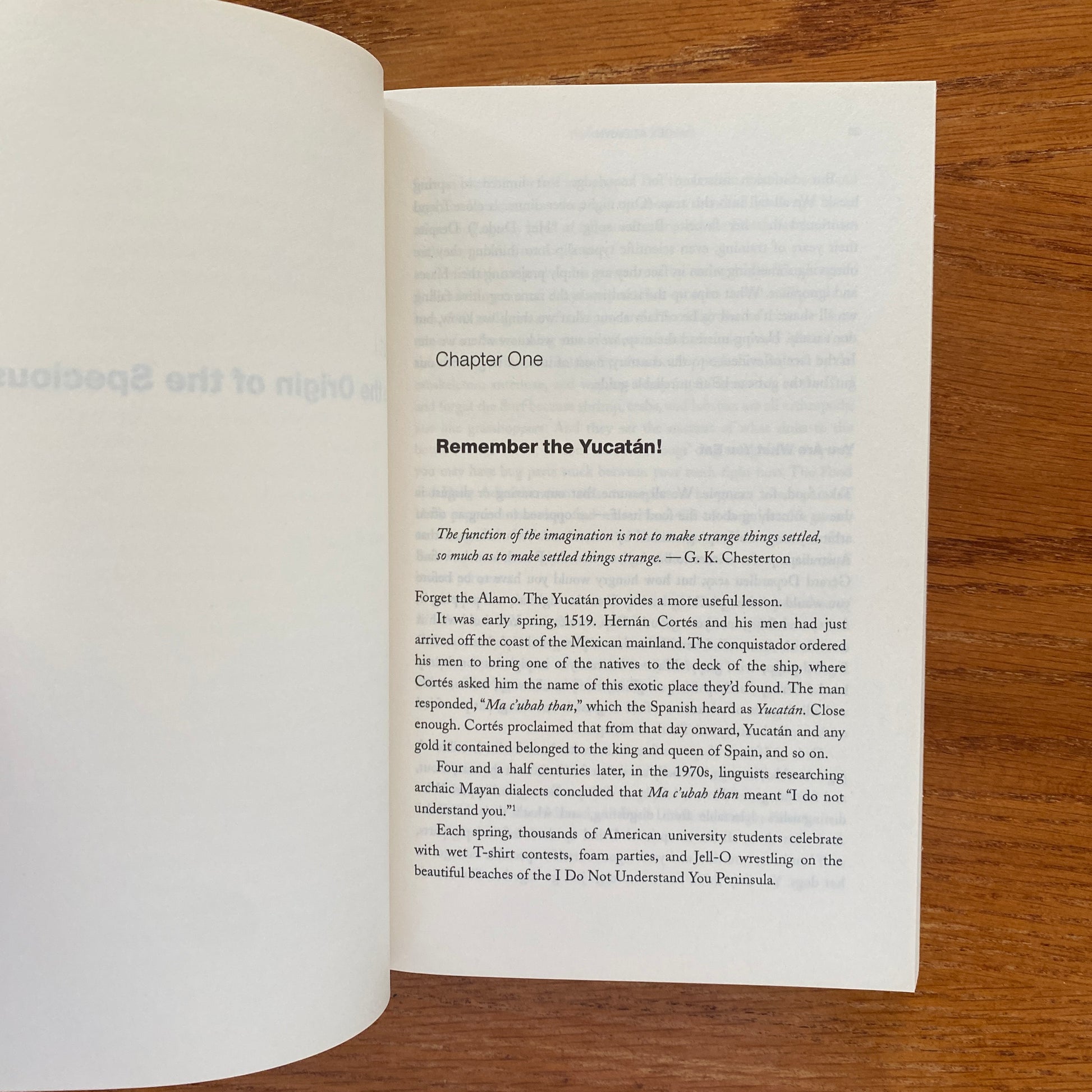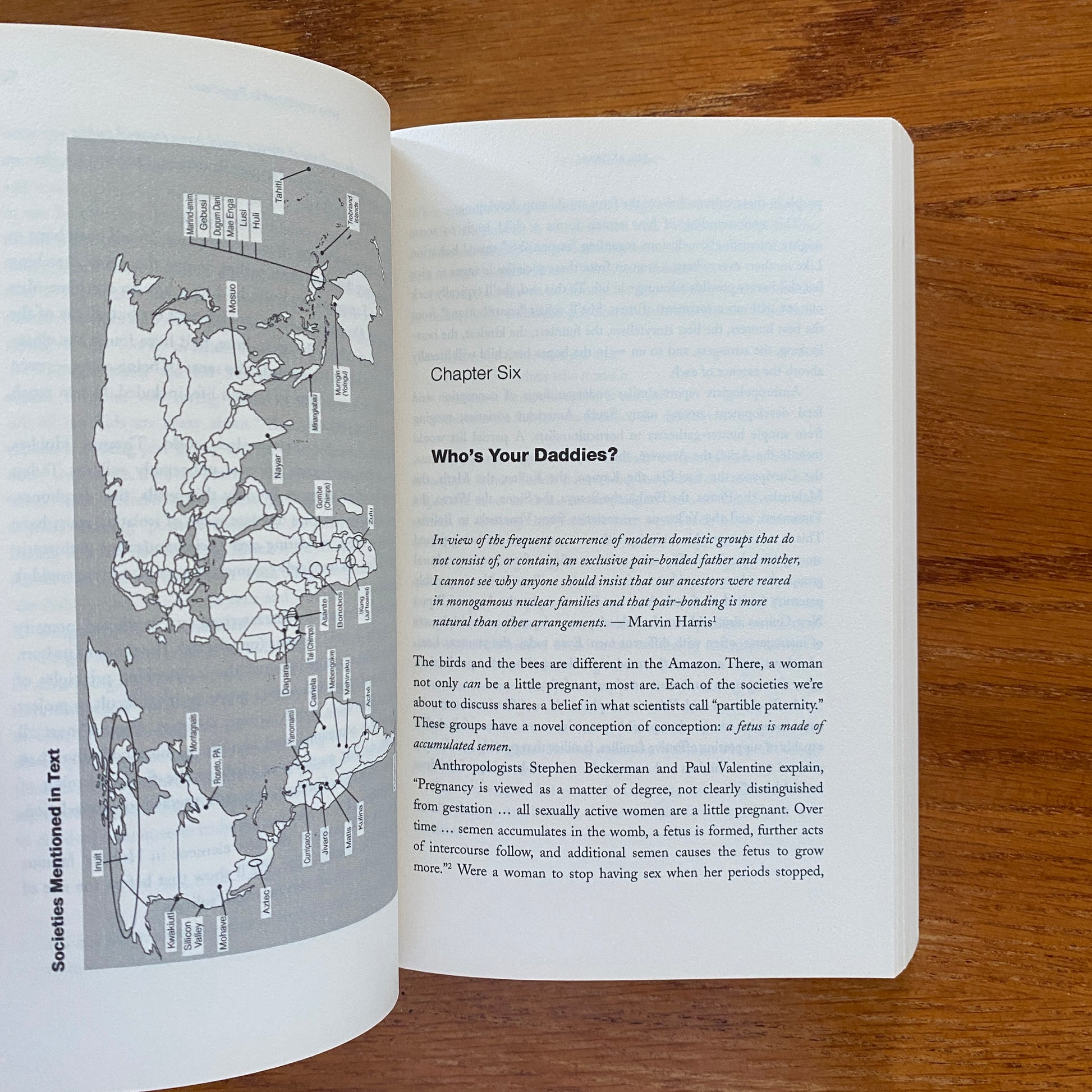1
/
of
11
Rumorbooks
Sex At Dawn: The Prehistoric Origins of Modern Sexuality Christopher - Ryan & Cacilda Jethá
Sex At Dawn: The Prehistoric Origins of Modern Sexuality Christopher - Ryan & Cacilda Jethá
Regular price
$16.00 AUD
Regular price
Sale price
$16.00 AUD
Shipping calculated at checkout.
Quantity
Couldn't load pickup availability
"Sex at Dawn: The Prehistoric Origins of Modern Sexuality" is a book written by Christopher Ryan and Cacilda Jethá. Published in 2010, the book challenges traditional views on human sexuality and relationships. Ryan, an author and psychologist, collaborated with Jethá, a medical doctor, to explore the evolutionary roots of human sexual behavior.
The central thesis of the book suggests that early human societies were characterized by more communal and cooperative sexual practices than often assumed. The authors argue against the prevailing narrative that humans are naturally inclined towards monogamy, proposing instead that our ancestors engaged in a more flexible and non-exclusive approach to sexual relationships.
Drawing on anthropological, historical, and scientific evidence, Ryan and Jethá delve into topics such as the nature of sexual desire, the evolution of human mating patterns, and the impact of agriculture on societal structures and sexual norms. They challenge the notion that monogamy is the only natural or optimal form of human sexual expression, asserting that a variety of sexual arrangements may be consistent with human evolution.
"Sex at Dawn" has been both praised and criticized for its unconventional perspective on human sexuality. Supporters appreciate the book's exploration of alternative theories and its challenge to established ideas, while critics argue that it oversimplifies complex topics and relies on selective evidence.
The book has sparked discussions in the fields of anthropology, psychology, and sociology, contributing to ongoing debates about the origins and nature of human sexuality. It remains a thought-provoking work that encourages readers to reconsider preconceived notions about the evolutionary roots of modern sexual behavior.
The central thesis of the book suggests that early human societies were characterized by more communal and cooperative sexual practices than often assumed. The authors argue against the prevailing narrative that humans are naturally inclined towards monogamy, proposing instead that our ancestors engaged in a more flexible and non-exclusive approach to sexual relationships.
Drawing on anthropological, historical, and scientific evidence, Ryan and Jethá delve into topics such as the nature of sexual desire, the evolution of human mating patterns, and the impact of agriculture on societal structures and sexual norms. They challenge the notion that monogamy is the only natural or optimal form of human sexual expression, asserting that a variety of sexual arrangements may be consistent with human evolution.
"Sex at Dawn" has been both praised and criticized for its unconventional perspective on human sexuality. Supporters appreciate the book's exploration of alternative theories and its challenge to established ideas, while critics argue that it oversimplifies complex topics and relies on selective evidence.
The book has sparked discussions in the fields of anthropology, psychology, and sociology, contributing to ongoing debates about the origins and nature of human sexuality. It remains a thought-provoking work that encourages readers to reconsider preconceived notions about the evolutionary roots of modern sexual behavior.
Share
